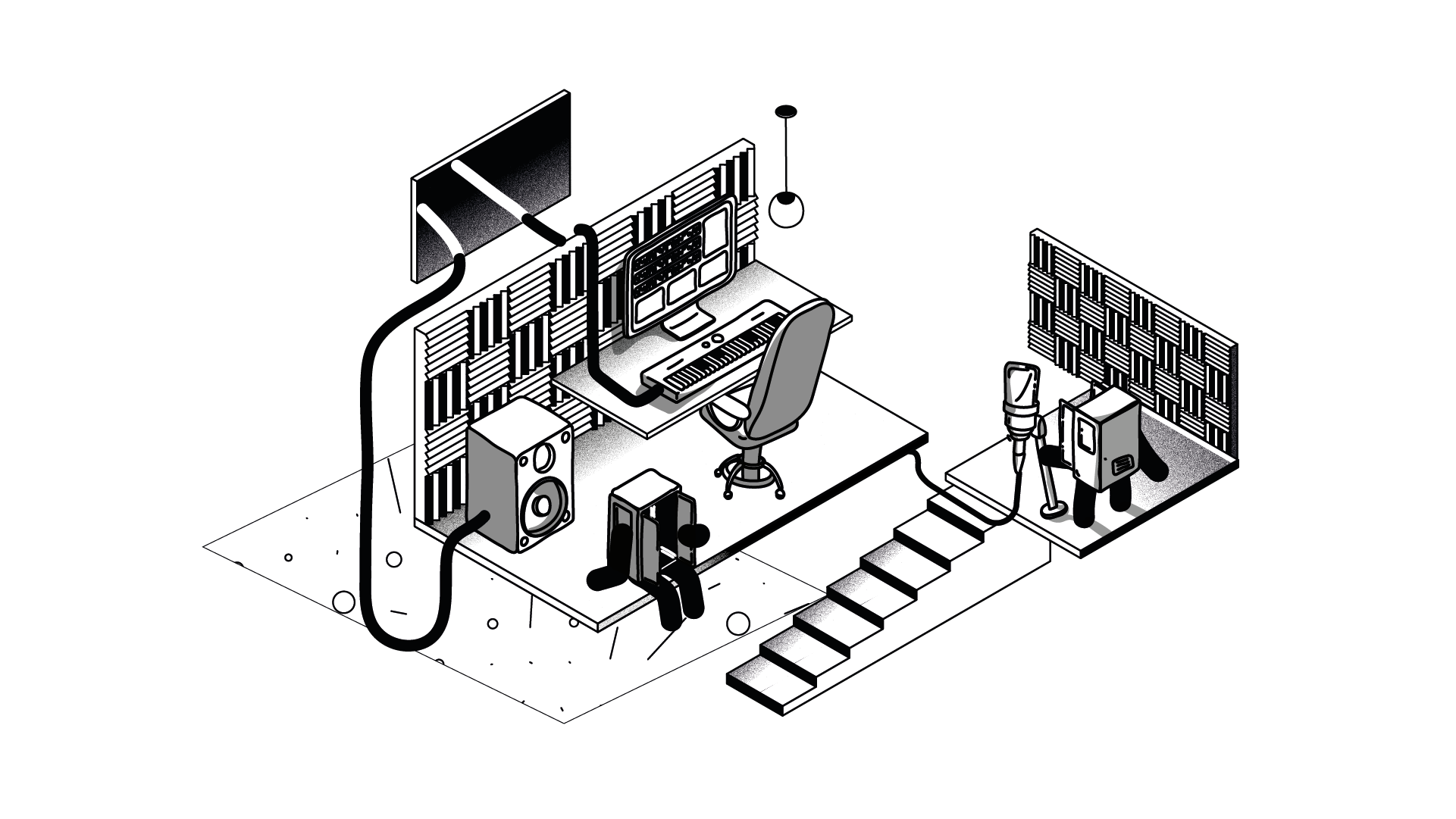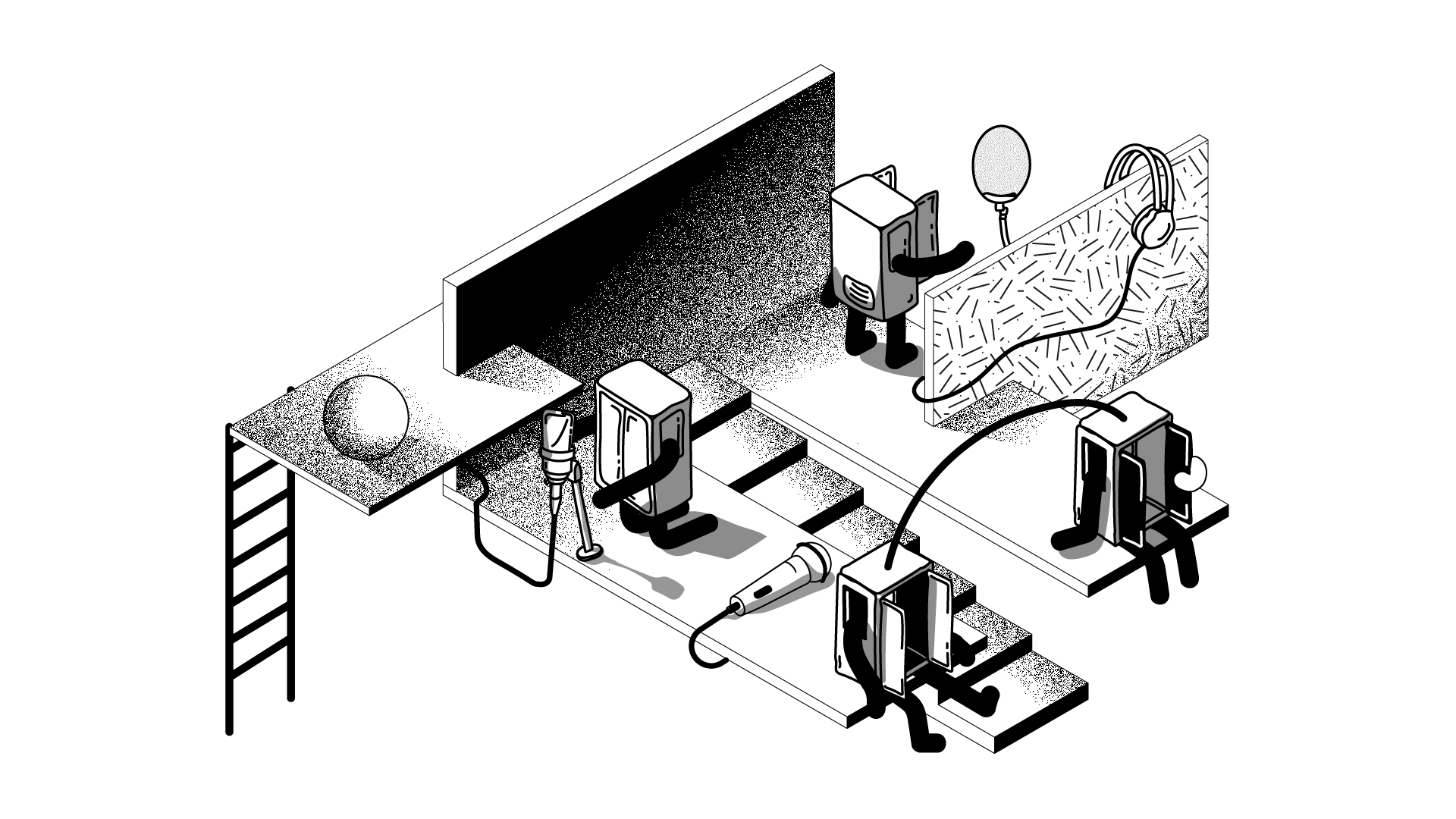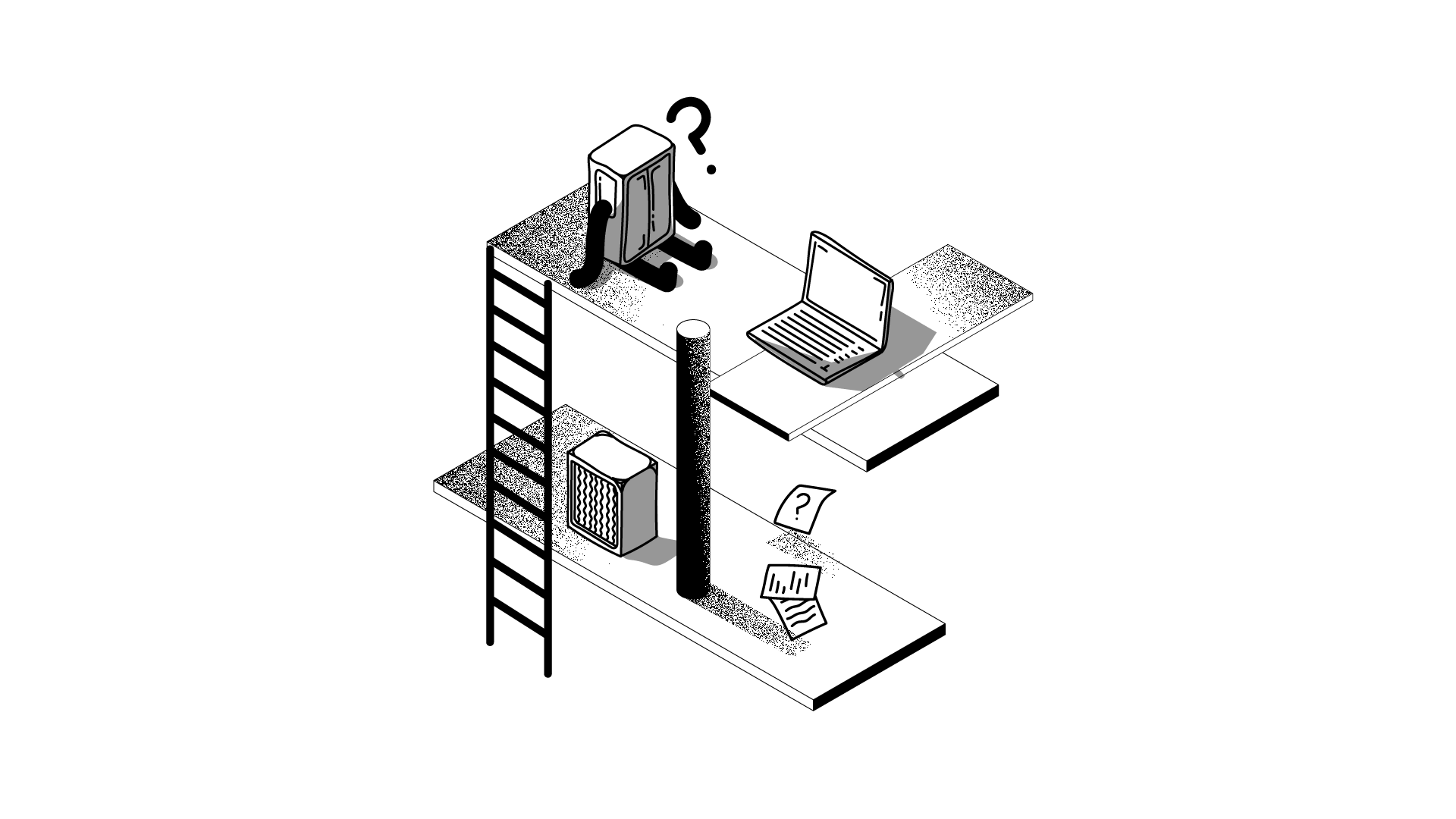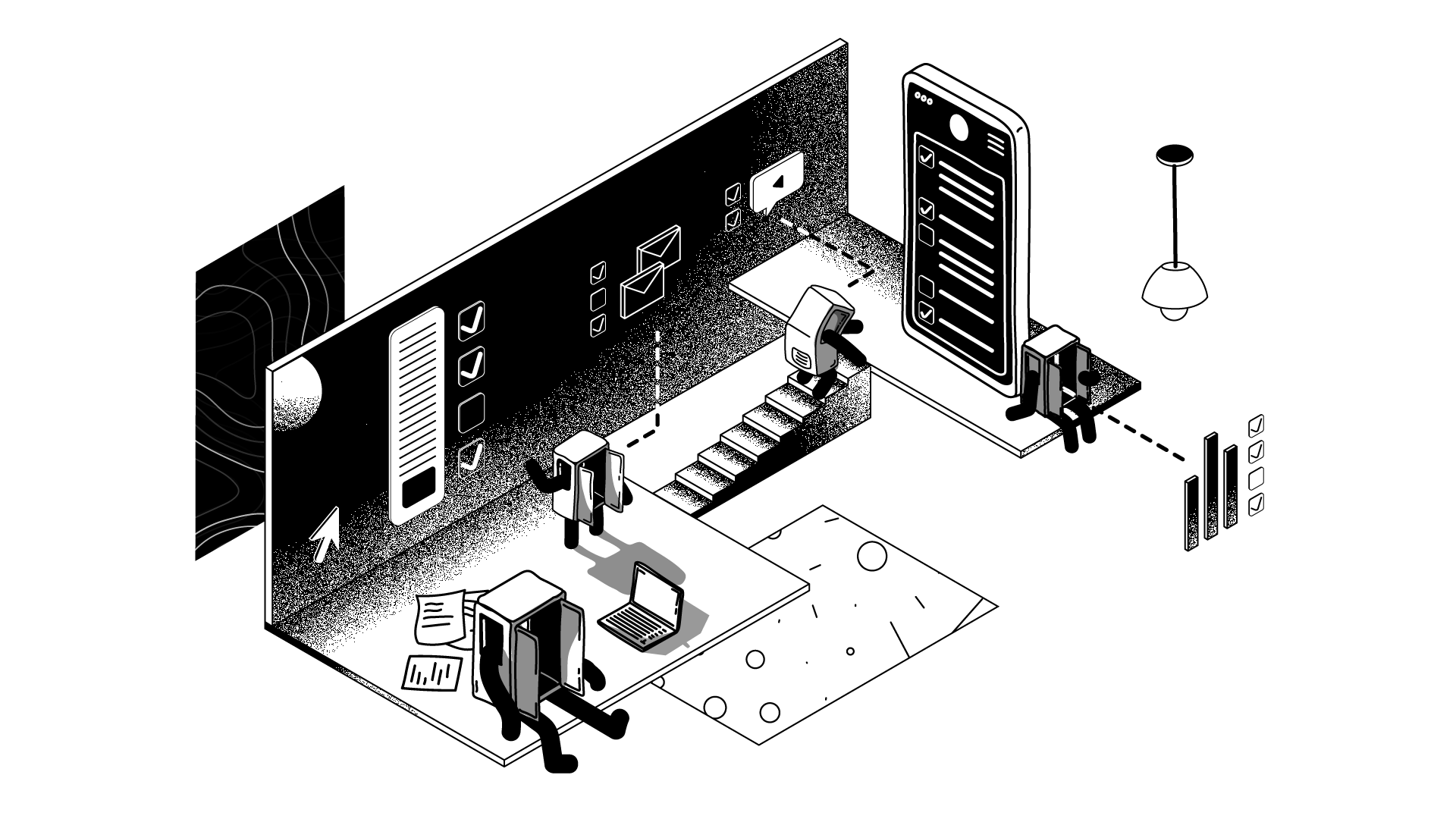By learning how to make your voice deeper, you can add authority and allure to songs, character voices, and even public speaking. Consider Tom Hardy’s throaty, menacing whispers as Bane or motivation speaker Tony Robbins’ baritone, gravelly voice. Deeper voices convey authority, confidence, and charisma—qualities that leave lasting impressions in social and professional settings. Here are some of the best tips and techniques to learn how to make your voice deeper naturally and effectively.
Why are deeper voices preferred
Deeper voices are associated with the assertiveness and authority of someone in an influential or leadership position, and they’re considered attractive because they convey a sense of maturity and stability. However, these preferences are mostly shaped by culture and personal taste. In media and entertainment, deeper voices can be impactful in narration and character types, like villains or mentors, and add warm, rich tones to commercials, animated film leads, or even video game characters. Ultimately, making your voice deeper can convey intense emotions, whether it’s sorrow, determination, or ambition.
How to make your voice deeper naturally
Biological aspects like genetics, hormones, and puberty can lengthen and thicken vocal cords, resulting in deeper voices naturally. But not everyone’s voice changes in the same way. Sometimes, behavioral and environmental factors like regular speech patterns, vocal habits, and vocal training can influence the depth of a voice. Even age, physical health, and lifestyle choices like smoking impact how to deepen your voice. Essentially, how sound is produced and resonates in the vocal tract, including the throat, mouth, and nasal cavities, varies from person to person. So, while external factors contribute to a deeper voice, every individual’s voice is unique. With that in mind, here are some tips on how to get a deep voice.
How to make your voice deeper
To make your voice deeper without hurting your vocal cords:
1. Activate your lower lungs
Deep diaphragm breathing from your lower lungs instead of shallow chest breathing strengthens your lung capacity and breath control so you can tap into fuller, more robust vocal tones. Inhale slowly through your nose to expand your abdomen, hold it for a few seconds, and exhale slowly through your mouth.
2. Hold your head high
Slouching and hunching over restricts the airflow in chest muscles, but when your head is aligned with your spine, your lungs have more space to expand, giving you more breath control during speaking or singing. Always keep your feet shoulder-width apart with your neck relaxed to release tension.
3. Exercise your vocal cords
- Humming: Engages the vocal cords by resonating in your chest so you can reach lower notes, making your voice deeper.
- Vocal fry: Helps produce a creaky vocal sound at the lowest pitch possible so you can access and strengthen your lower vocal range.
- Sirening: Involves sliding your voice smoothly up and down a pitch range to enhance vocal flexibility and improve pitch control.
- Lip trills: Sounds like “brrr” or “trrr” are made by blowing air through pursed lips to warm up the voice, relax tension, and promote airflow control.
- Yawn-sigh: Opening the mouth wide and releasing a slow, extended sigh with an “ah” sound helps ease tension in the throat muscles for a relaxed vocal tone.
- Tongue exercises: Practicing tongue twisters with repeated phrases and complex sounds improves articulation, diction, and tongue coordination for clearer speech.
4. Mimic voice styles
To learn how to deep your voice, imitate the deeper voices of characters from movies, TV shows, or audiobooks by matching their tone and pitch. You can explore different vocal ranges, like Vin Diesel’s lines as Groot in “Guardians of the Galaxy.” In a single line, ‘I am Groot,’ his tone ranges from baritone and gravelly to low velvety gravitas.
5. Project your voice
Experiment with loud and soft tones and volume, but maintain a relaxed throat to avoid strain and achieve a deeper resonance. Practice making your voice deeper by speaking in Scarlett Johansson’s soothing, husky voice or following Gilbert Gottfried’s loud, shrilly, high-pitched tone.
6. Slow it down
Slowing down your speech rate can naturally lower the pitch of your voice. Adding strategic pauses also adds weight and depth to spoken words.
7. Whisper away
Whispering is a technique you can use to explore lower registers by speaking in a controlled, low-pitched manner. This helps you maintain depth and resonance at softer volumes.
8. Be vocally creative
Develop unique personalities and voices for your own characters by exploring tones, accents, and pitches. This is an imaginative activity that helps you explore different vocal ranges creatively.
9. Centralize your vibrations
Relaxing and vocalizing deeply and rhythmically helps you concentrate on your vocal vibrations to produce low, resonant tones. It also relaxes and grounds you
10. Morph your voice
Imitate non-speech sounds with your voice, like drumbeats, whistles, a clock ticking, wind blowing, or waves crashing, to experiment with tones and depth. You can draw vocal inspiration from pros like Alan Tudyk, who created the vocal sounds for HeiHei, the rooster in Moana, and Tuk Tuk, the armadillo from Raya and the Last Dragon.
Do you need a deeper voice?
While it’s not a requirement to have a deeper voice in the voice over industry, knowing how to deep your voice is an important skill in voice acting. Especially since deeper voices can convey strength and maturity, which are sought-after vocal qualities in animation, video games, commercials, or audiobooks. And a deeper voice can also improve the sound quality of your vocal performances.
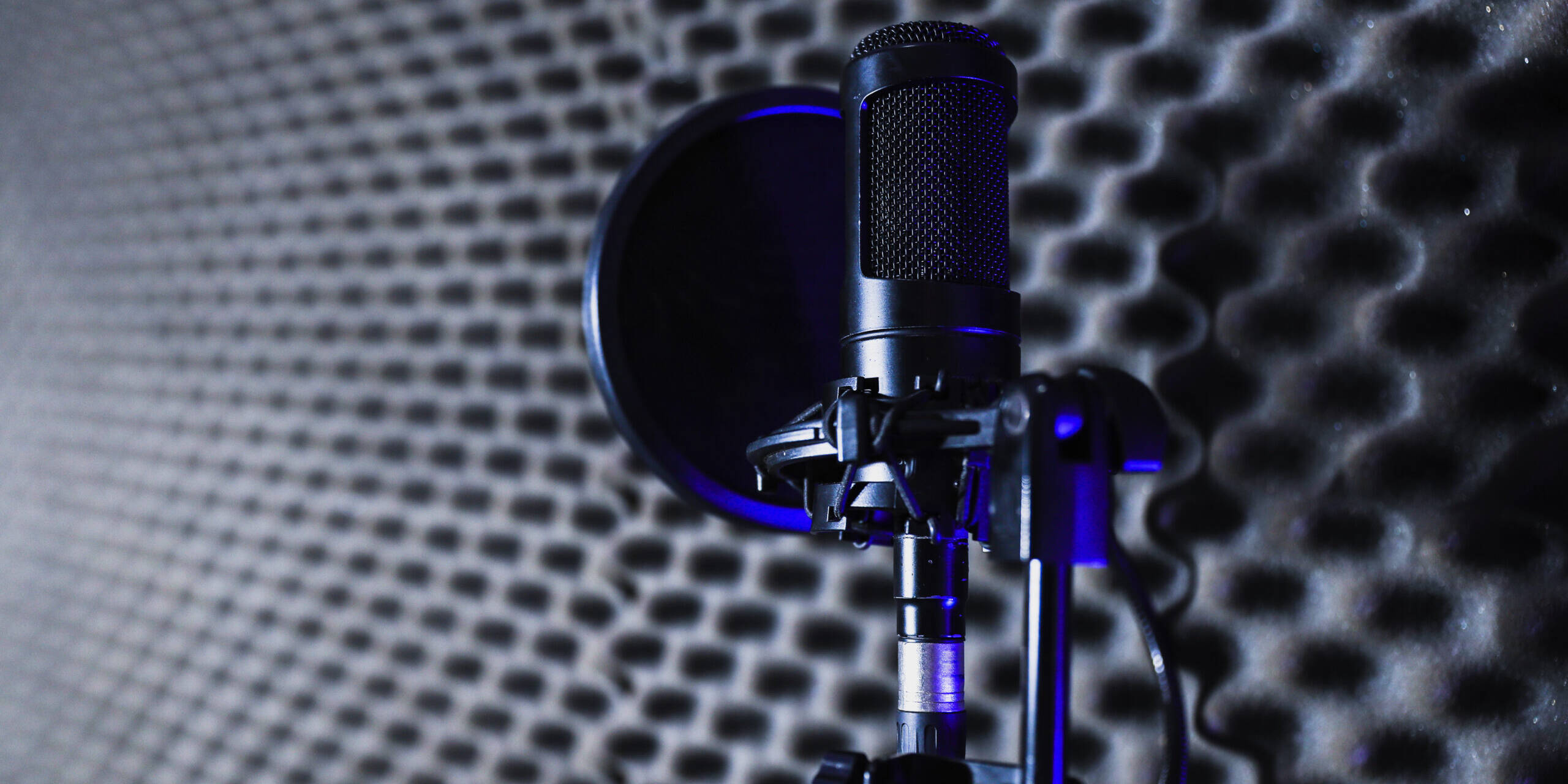
So, if you have a deeper vocal range, you’re a top candidate for roles such as wise mentors, powerful villains, assertive narrators, or characters with gravitas and vigor. Consider Christopher Lee as Saruman in “The Lord of the Rings” series. His deeper voice enhanced the character’s sheer power and darkness, making the performance more impactful. Or James Avery as Uncle Phil in “The Fresh Prince of Bel-Air.” Avery’s deep voice added a sense of wisdom and warmth to the character, portraying him as a loving yet firm patriarch. A deeper voice can also modulated, shifting from intimidating to soothing tones; that’s why it’s important to know how to get a deep voice.
How to make your voice deeper: Examples from the pros
- James Earl Jones has a robust voice that oozes authority and power and is characterized by its rich timbre and commanding presence. He created the ominous, authoritative tones of Darth Vader in “Star Wars” and the regal, fatherly warmth of Mufasa in “The Lion King.”
- Morgan Freeman has a soothing, mellifluous voice that’s described as velvety and comforting. He narrates documentaries and films like “The Shawshank Redemption,” where his voice adds insight and feeling, and “Life On Our Planet,” where he infuses the story with empathy and gravitas.
- Keith David has a full-bodied, silky voice that carries sophistication and power in roles like Goliath in “Gargoyles,” where his voice is noble and definitive. Or as the Arbiter in “Halo,” where he conveys strength, honor, and complexity.
- Kevin Michael Richardson has a resonant, adaptable voice that carries depth, strength, and flexibility in roles like Shredder in “Teenage Mutant Ninja Turtles,” where he adds menace and intensity. In “The Cleveland Show,” as Cleveland Brown Jr., however, his tone is youthful and sometimes comical.
So, following these tips will help you learn how to deepen your voice for a project or audition and become better at voice acting. But your foremost concern should always be to protect your vocal health and avoid damaging your vocal cords. Embrace your voice’s uniqueness by enhancing its qualities and discovering the depths and nuances it can bring to your voice acting career – you may just find the perfect niche for your own voice – deep or not.
FAQ's for how to make your voice deeper
Practice speaking from your diaphragm by doing vocal exercises, maintaining good posture, staying hydrated, and avoiding vocal strain. You can also try speaking at a slightly lower pitch than your natural voice so your voice resonates in your chest.
Smoking and excessive alcohol consumption can potentially irritate your vocal cords, resulting in a hoarse voice that doesn’t necessarily have appealing depth. Consistent use also harms your voice quality instead of deepening it.
Generally, a person’s voice alters with age because of puberty and hormonal changes, but this isn’t a universal rule because genetics and lifestyle also impact vocal pitch changes over time.











